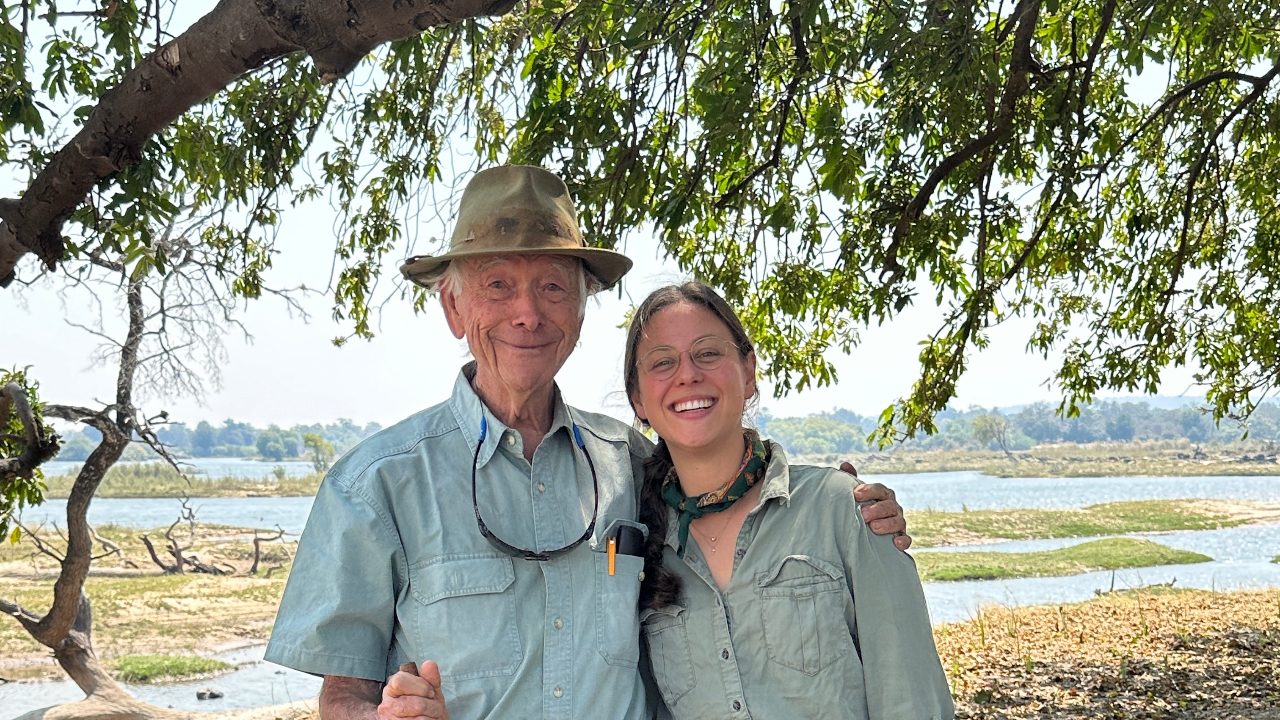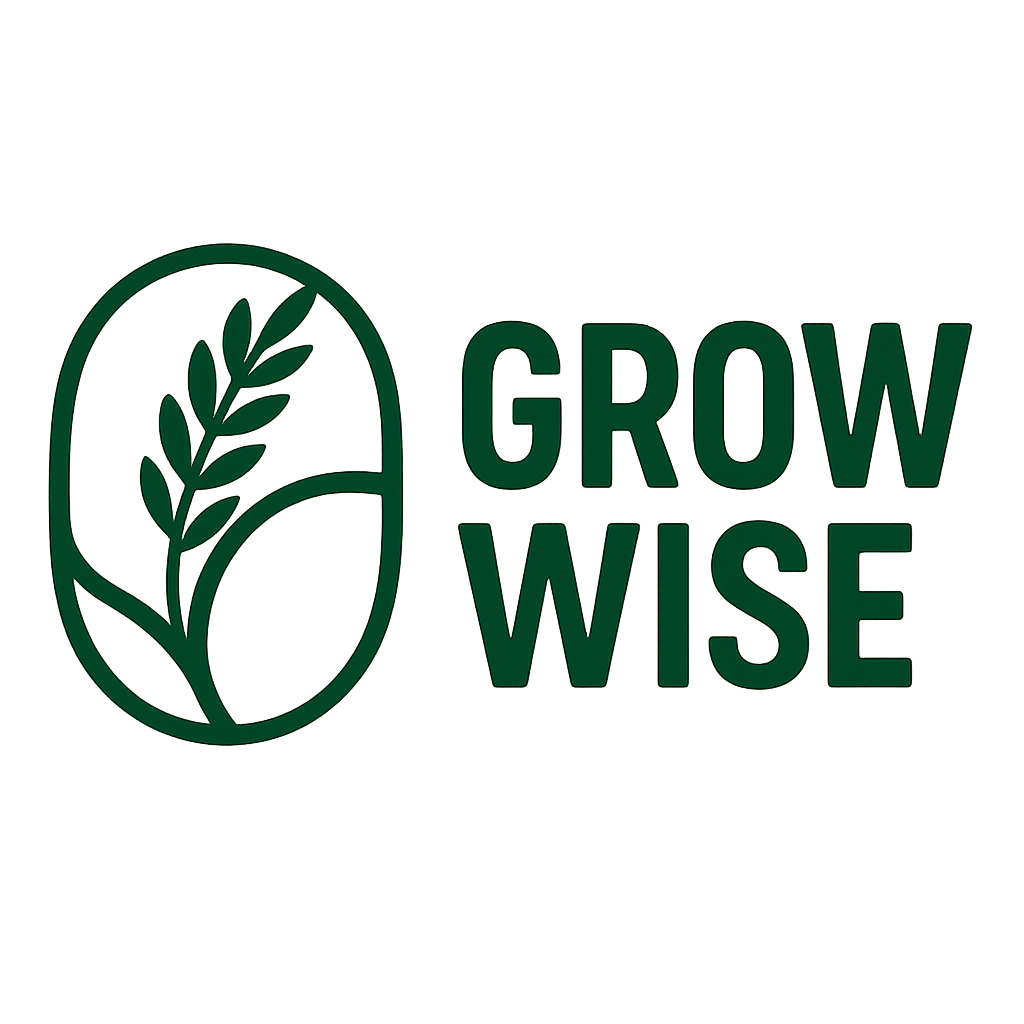Policy, Land, and Lessons from Zimbabwe
Sep 24, 2025
Why Well-Intentioned Policies Sometimes Miss Their Mark
Farmers know this challenge well. Support schemes, regulations, and market pressures often shape daily decisions. Yet, at times, these frameworks focus more on specific actions than on the broader outcomes we truly need: healthy soils, resilient water cycles, and vibrant rural communities.
Recently, during an advanced training at the African Centre for Holistic Management (ACHM) in Zimbabwe, I had the chance to reflect on this more deeply. Policies are, at their core, management decisions. And all management must balance three things at once: nature, economy, and human institutions. When one of these is overlooked, the results can drift away from the original purpose.
How policy is usually made
A problem is identified: declining yields, polluted rivers, or rural migration. Experts gather, panels meet, and new rules are written. These rules often prescribe actions - apply this input, reduce that herd size, plant this tree - rather than focusing on the results that matter most in the long term.
The risk is that, without context, solutions may not align with the complexity of land and people. Each region has its own climate, soils, and traditions. When decisions are applied in a uniform way, unintended consequences can follow.
A living example
At ACHM’s Dimbangombe Conservancy, Holistic Management has been practiced for years. The land there is thriving: grass cover is strong, water infiltrates the soil, and biodiversity is evident. Nearby landscapes managed differently show more signs of bare soil and stress.
Another inspiring visit was to the iGugu Trust, where fifty families collectively manage a herd of 700 cattle. By planning grazing together and monitoring recovery, they have brought back healthier soils and stronger communities. Here, management is guided by shared values and clear outcomes, not by isolated rules.
The four ecosystem processes
Holistic Management teaches that all land and life depend on four core processes:
-
Energy flow: sunlight captured by plants
-
Water cycle: rainfall stored and used effectively
-
Mineral cycle: nutrients returned to living soil
-
Community dynamics: diversity and resilience of living systems
These processes provide reliable indicators. If they improve, resilience grows. If they weaken, fragility increases. By asking, “How is this decision affecting energy, water, minerals, and community?” we create a framework that is both practical and universal.
Ethics as enlightened self-interest
During the training, one theme kept resurfacing: ethical choices for the environment are also in our own best interest. Farmers see it directly. Covered soil means more grass. Healthy water cycles mean less risk. Biodiversity means stability. When land responds positively, ethical action and personal benefit align naturally.
Families, institutions, and continuity
Confucius once taught that the family is a model for governance. Families prioritize food on the table and care for the next generation. Institutions also play a vital role in continuity, yet without feedback from the land and from people, they may lose sight of outcomes. Holistic Management invites us to keep reconnecting purpose with practice, ensuring decisions serve the whole.
Policy that encourages outcomes
When people see results — more grass, healthier soils, cleaner water — they are motivated to continue. Policies built on outcomes, rather than prescriptive rules, can unlock creativity and local adaptation. Farmers know their land best. When incentives align with clear measures such as soil cover or biodiversity, results follow naturally.
A holistic approach to policy would include:
-
Shared national or regional context: a vision for quality of life, healthy land, and thriving communities
-
Decision testing: ensuring actions strengthen ecosystem processes
-
Feedback loops: monitoring outcomes and adjusting as needed
-
Inclusive dialogue: creating space for all voices, from experts to local farmers
-
Outcome-based support: rewarding improvements in soil, water, and diversity
Lessons for Europe and beyond
The week at ACHM reminded me that policy is not abstract. It is practical management of land, economy, and institutions. When designed with context, outcomes, and feedback in mind, policies can become tools for resilience.
Europe faces its own challenges: soils under stress, rural depopulation, and ecological change. A holistic approach can help bridge these gaps, fostering both environmental care and community well-being.
My work with Grow Wise
At Grow Wise, we work with farmers, landowners, and organizations to bring clarity to complex systems. Holistic Management is not only a framework for grazing but also a way of guiding decisions in governance and investment. It helps align ecological, financial, and social outcomes.
The goal is not perfection but resilience. Trade-offs will always exist, but with a holistic framework, they can be seen, balanced, and adjusted before they turn into crises.
Conclusion
All policy is management. We are always managing nature, economy, and institutions at the same time. When decisions focus only on isolated actions, the risk of unintended outcomes grows.
Holistic Management offers another way. It reminds us that outcomes matter more than prescriptions. It invites us to test every decision against the four ecosystem processes and to ground our choices in values we all share: clean water, fertile soil, thriving communities, and a stable economy.
This is not theory. It is practice. When decisions are made with context, feedback, and care, land regenerates, families prosper, and communities thrive.


